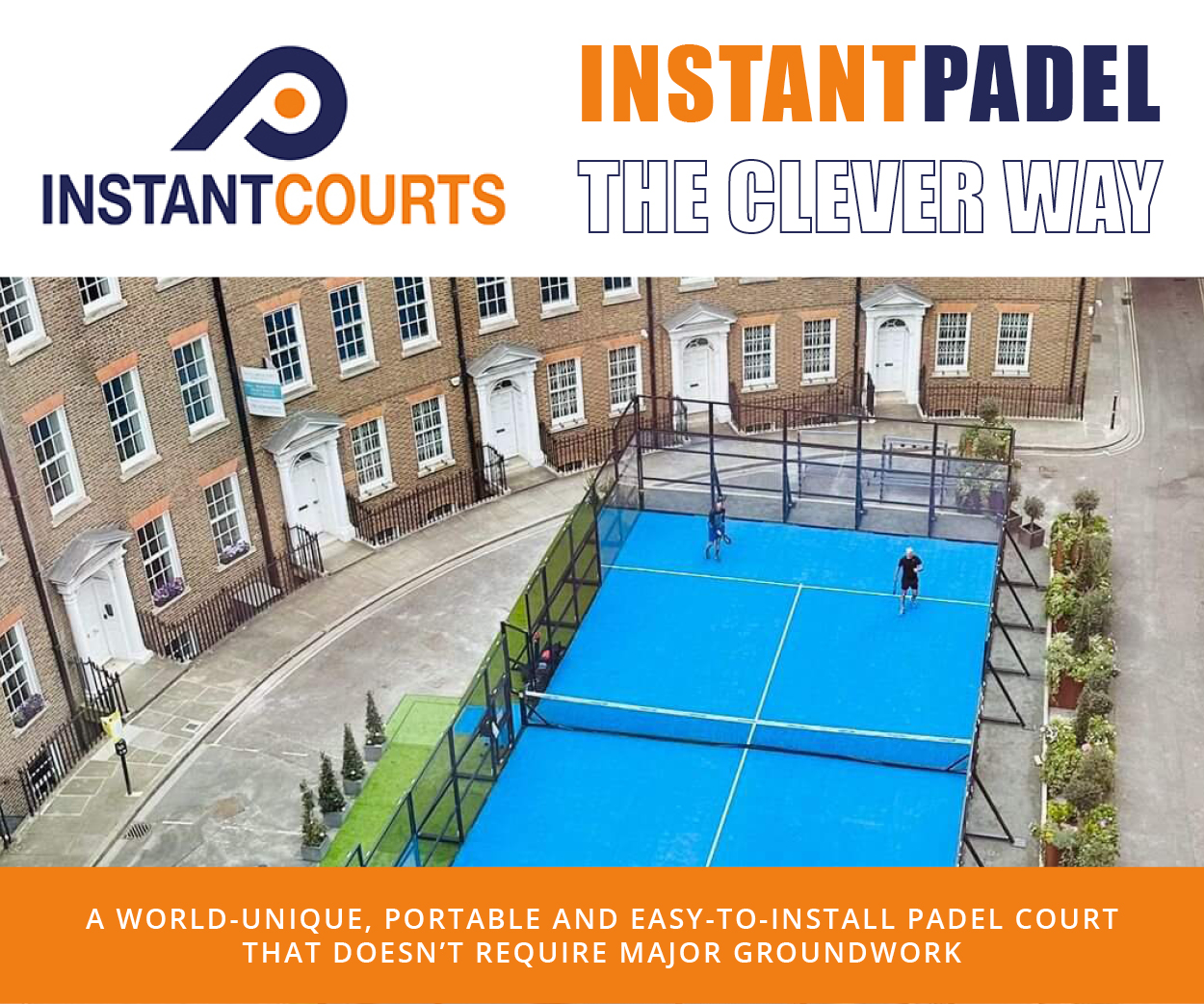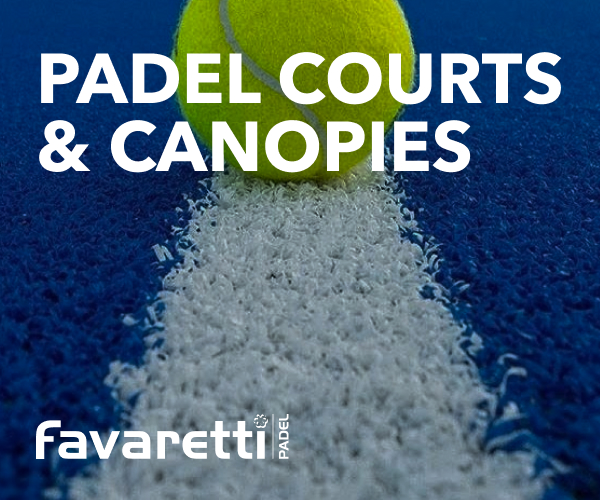Whilst Richard Nicholls and Charlie Jones are typical of an emerging breed of young, ambitious padel industry newcomers, their vision for The Padel Garden is intriguingly distinctive.
As most new padel club operators target high footfall urban areas which bring in trendy young professionals, The Padel Garden is taking the game to the green and pleasant land of the commuter belt.
Furthermore, they plan to lead the way in making the world’s fastest-growing sport more sustainable. From the materials used in construction and the energy sources used to power them, to the waste generated through discarded equipment, Richard and Charlie want to show the nascent padel industry that it’s possible to operate and grow in a more environmentally friendly way.
The focus on sustainability stems in part from Richard’s personal fascination with the subject. During the pandemic, he left his role as a chartered accountant in the banking industry to study a Masters in Environmental Economics at the London School of Economics. He first met Charlie (a Business Advisor to younger entrepreneurs at Virgin StartUp) at an event at The Padel Yard in Wandsworth. They quickly realised their skills and experience (and shared passion for padel) would fuse well, so they took the plunge.
They have secured an initial site in Beaconsfield, Buckinghamshire (a town with well-established tennis, squash and pickleball clubs) and are midway through the planning process and securing funds. The site is picturesque and the vision is for a club which blends in with those rural surroundings.

Charlie (pictured above, right) tells The Padel Paper: “Whilst a warehouse might be good for a certain type of padel player, it’s not for everyone. We’ll have courts surrounded by beautiful scenery with an amphitheatre type of venue. It’s a beautiful place to spend time.
“The community and social side of padel is well documented, but it’s such an important element to our club because we want people to come and hang out. We want highest standards of playing courts and for people to enjoy spending time there in natural surroundings. The gardens will be well landscaped, you can get a nice coffee, and you can be with happy people playing sport. Success to us is having a population of visitors who are there not just to play padel.”
Richard adds: “We felt that if the sport is to continue to grow we’ve got to expand beyond those typical urban areas and populations. In a commuter belt town like Beaconsfield, you’re leveraging the playing population that currently has to play near office space and giving them options to play where they actually live. You’re also bringing in the local community. This site really got our juices flowing.”
Sustainability is the other aspect that really ignites Richard and Charlie’s passion. “It’s not just a gesture,” says Richard. “It’s important to us to have these issues and challenges highlighted, to incorporate it into our venues and to be a voice in the industry. Padel is the first participative sport that we’ve seen grow like this in our lifetimes, which means it’s the first sport to emerge while sustainability is in the front of people’s minds. There is a real opportunity here.”
Sustainability can be in micro terms – ensuring that clubs blend with (not damage) their surroundings and contribute to the local environment; but also macro – challenging the huge amounts of waste that padel generates as an industry.
Finding ways to contribute to the local environment, preserving energy, being mindful of materials used in canopies, court surfaces and tennis balls – even registering their website domain name with an environmentally conscious company – these are all ways in which The Padel Garden is looking to set an example.
Richard says: “The more these things are highlighted, the more people in adjacent industries start to see opportunities. There’s benefit from talking about these things, without being preachy about it. Doing it early in the process is where we see the real value. We’re excited about where this could lead.”










































